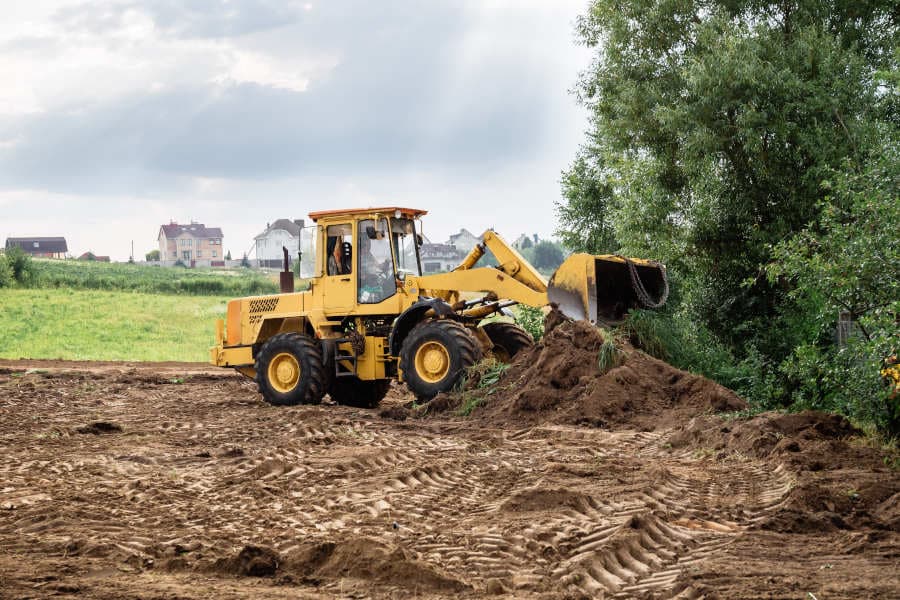3 Best Tips For Buying Land in Nigeria
Published on: (Updated on: )

Buying land in Nigeria could be a considerable investment as well as an asset. I will share three valuable tips for buying land in Nigeria from legal and economic perspectives in this post.
1. Be diligent when buying land in Nigeria
You need to be diligent when making land-related transactions in Nigeria. It is important to investigate two things: first, you need to investigate the title; second, you need to ensure that the seller has the authority to sell the land.
2. Investigation of land title in Nigeria
Investigation of title goes beyond just inspecting the land. It would be best if you carried out further checks. Start by asking the seller which title documents are available for the piece or parcel of land. You would probably be told that there is a Deed of Assignment (sometimes called Agreement), Certificate of Occupancy (C of O) or/and registered survey (sometimes called Red Copy).
Alternatively, you might be told that no document exists on the land because it is being sold by family members who had inherited it as part of a larger parcel of land. I will explain what these concepts mean.
2.1 Deed of Assignment
A deed of Assignment is a legal document required to transfer rights in land. It is sometimes referred to as an agreement, but it is a deed in strict legal parlance. A Deed of Assignment would usually contain a history of all previous owners of rights in the land if any, so it's one of the ways to investigate titles.
2.1 Certificate of Occupancy
Pursuant to section 9 of the Land Use Act 1978, a C of O is a document that can be obtained from the relevant land registry that proves a statutory right of occupancy of land.
By virtue of section 1 of the Land Use Act, you can not own land because all lands are vested in the governors of each state, who hold the lands in trust for the common benefit of all Nigerians. Therefore, what you can own is a right to occupy the land.
One of the benefits of a C of O is that it allows potential buyers to investigate titles at the relevant land registry quickly.
2.3 Registered survey
Anyone can hire a surveyor to survey land that they have rights to. The survey can then be registered at the land registry. However, one thing to note about a registered survey is that it does not prove ownership of rights in land. Nevertheless, it could serve as a presumption that the person who commissioned the survey has right over the land. Otherwise, the survey itself would have constituted a trespass.
2.4. Inheritance as part of a larger parcel of land
Title through inheritance is perhaps one of the most difficult things to investigate in land-related transactions. You would have to rely on word of mouth and conduct checks in the relevant land registry to find out whether there is any encumbrance on the land.
Regardless of the type of document available in respect of the land, the best thing when investigating titles is to utilize the service of a lawyer to avoid stories that touch.
3. Buying land for investment in Nigeria

As you might have heard, land is an appreciating asset in Nigeria. However, when buying land for investment, there are two things to consider: whether you are buying for a short-term or long-term investment.
3.1 Buying land in Nigeria for short-term investment
If you are buying for a short-term investment, avoid buying land in remote areas where land is very cheap because the appreciation of value might be slow. Instead, it is best to invest as much as you can in a relatively expensive land in an area where demand is usually high for short-term investment. In such places, you might be able to realize about a 30% increase or more in your asset within a couple of years.
3.2 Buying land for long-term investment in Nigeria
In areas where land is cheap, and demand is low, appreciating value might be around 3 % in a couple of years. However, if you do not have the money to purchase land in areas with high demand, you can consider investing in a parcel of land in developing areas where land is cheaper. Though it might take time, your asset will appreciate it in the long run. But you should expect at least about five years for significant appreciation in the value of the land.
If you enjoyed reading this post, please share it with others in your network.